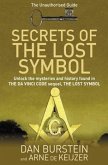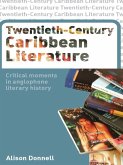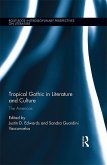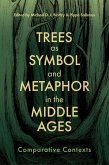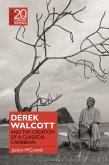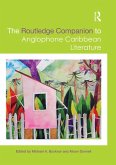When you drink rum, you drink history. More than merely a popular spirit in the transatlantic, rum became a cultural symbol of the Caribbean. While rum is often dismissed as set dressing in texts about the region, the historical and moral associations of alcohol generally-and rum specifically-cue powerful stereotypes, from touristic hedonism to social degeneracy. Rum Histories examines the drink in anglophone Atlantic literature in the period of decolonization to complicate and elevate the symbolic currency of a commodity that in fact reflects the persistence of colonialism in shaping the material and mental lives of postcolonial subjects.
As a product of the plantation and as an intoxicant, rum was a central lubricant of the colonial economy as well as of cultural memory. Discussing a wide spectrum of writing, from popular contemporary works such as Christopher Moore's Fluke and Joseph O'Neill's Netherland to classics by Michelle Cliff, V. S. Naipaul, and other luminaries of the Caribbean diaspora, Jennifer Nesbitt investigates how rum's specific role in economic exploitation is muddled by moral attitudes about the consequences of drinking. The centrality of alcohol use to racialized and gendered norms guides Nesbitt's exploration of how the global commodities trade connects disparate populations across history and geography. This innovative study reveals rum's fascinating role in expressing the paradox of a postcolonial world still riddled with the legacies of colonialism.
This book is freely available in an open access edition thanks to TOME (Toward an Open Monograph Ecosystem)-a collaboration of the Association of American Universities, the Association of University Presses, and the Association of Research Libraries-and the generous support of the Pennsylvania State University.
New World Studies
As a product of the plantation and as an intoxicant, rum was a central lubricant of the colonial economy as well as of cultural memory. Discussing a wide spectrum of writing, from popular contemporary works such as Christopher Moore's Fluke and Joseph O'Neill's Netherland to classics by Michelle Cliff, V. S. Naipaul, and other luminaries of the Caribbean diaspora, Jennifer Nesbitt investigates how rum's specific role in economic exploitation is muddled by moral attitudes about the consequences of drinking. The centrality of alcohol use to racialized and gendered norms guides Nesbitt's exploration of how the global commodities trade connects disparate populations across history and geography. This innovative study reveals rum's fascinating role in expressing the paradox of a postcolonial world still riddled with the legacies of colonialism.
This book is freely available in an open access edition thanks to TOME (Toward an Open Monograph Ecosystem)-a collaboration of the Association of American Universities, the Association of University Presses, and the Association of Research Libraries-and the generous support of the Pennsylvania State University.
New World Studies
Dieser Download kann aus rechtlichen Gründen nur mit Rechnungsadresse in A, D ausgeliefert werden.



